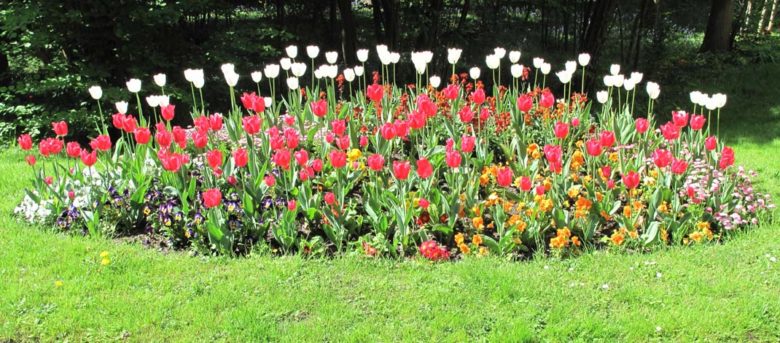
Updated at 1pm
Roscommon town has been named Ireland’s second cleanest town in the 2016 Irish Business Against Litter Anti Litter League competition.
The announcement was made a short time ago at ceremony in the Merrion Hotel in Dublin. Kildare took the overall title.
Roscommon town has been gradually improving it’s ranking in recent surveys and was ranked ninth after the first round of results, which were announced in September.
Meanwhile Carrick on Shannon was again deemed Cleaner than European Norms in 13th place in the ranking of 40 towns and cities, but last year’s winner Longford has slipped to 15th. Athlone was ranked 23rd – Clean to European Norms and Ballinasloe was ranked 29th – Moderately littered.
The An Taisce report for Roscommon town stated:
“Roscommon has consolidated its position as one of the cleanest towns in Ireland, with nine out of the ten sites surveyed getting the top litter grade. The sites didn’t just score well with regard to litter but it was the presentation and maintenance of the sites which sets Roscommon and other high ranking towns apart e.g. Loughnanane Park and Roscommon Castle, St. Ciaran’s Park and the Harrison Centre. Both open park spaces are wonderful resources which certainly take effort and commitment on behalf of the users and those responsible for the maintenance.”
70% of the towns and cities surveyed by An Taisce on behalf of IBAL were found to be Clean to European Norms, compared to 85% two years ago.
Litter levels rose by 4% over the period. While once again there were no litter blackspots, three urban areas were deemed to be seriously littered – Galvone in Limerick, Farranree in Cork and Dublin’s North Inner City.
“The poor showing by our cities generally goes some way to explaining the overall increase in litter levels,“ says Conor Horgan of IBAL. “Last year all our major cities other than Dublin were clean, this time round the majority are littered.”
The IBAL report again illustrates how dumping is at the heart of Ireland’s litter problem.
“The problem is becoming less about cleaning up after kids have dropped sweet papers on the main street,“ says Horgan. “It’s about people deliberately and covertly evading bin charges by illegally disposing of their rubbish on wasteland or derelict sites, which then become magnets for all sorts of litter. Dumping needs to be higher on the political agenda, as it’s an issue that really matters to people, and to our economy.”
“The good news is that we are nowhere near as littered a nation as we were fifteen years ago, when only two towns were Clean to European Norms. However, we have seen some worrying slippage across both cities and towns. The restructuring of local government and the abolition of town councils may be partly to blame outside of our cities.
“With record numbers of tourists flocking to Ireland, the increasing level of litter is a trend we need to arrest quickly, as it will have a direct and immediate impact on the visitor experience. O’Connell St, Grafton St and Stephens Green in Dublin, for example, have all slipped to moderately littered.”
There was a noticeable increase in the prevalence of sweet wrappers, plastic bottles and cans across all the sites surveyed, with a slight fall off in cigarette butts.
Independent TD Michael Fitzmaurice says the news is
“a tribute to the great work carried out by the Local Authority, the local business community and the local Tidy Towns group. The local authority and the business community along with the local tidy towns group have worked very hard on this over the years and they have been rewarded with second place out of a total of 40 areas nationwide that were surveyed this year which is a tremendous achievement. I will be working to ensure that funding continues to be made available so that the high standards that have been achieved this year can be maintained in the coming years and I warmly congratulate everyone involved” he concluded.
